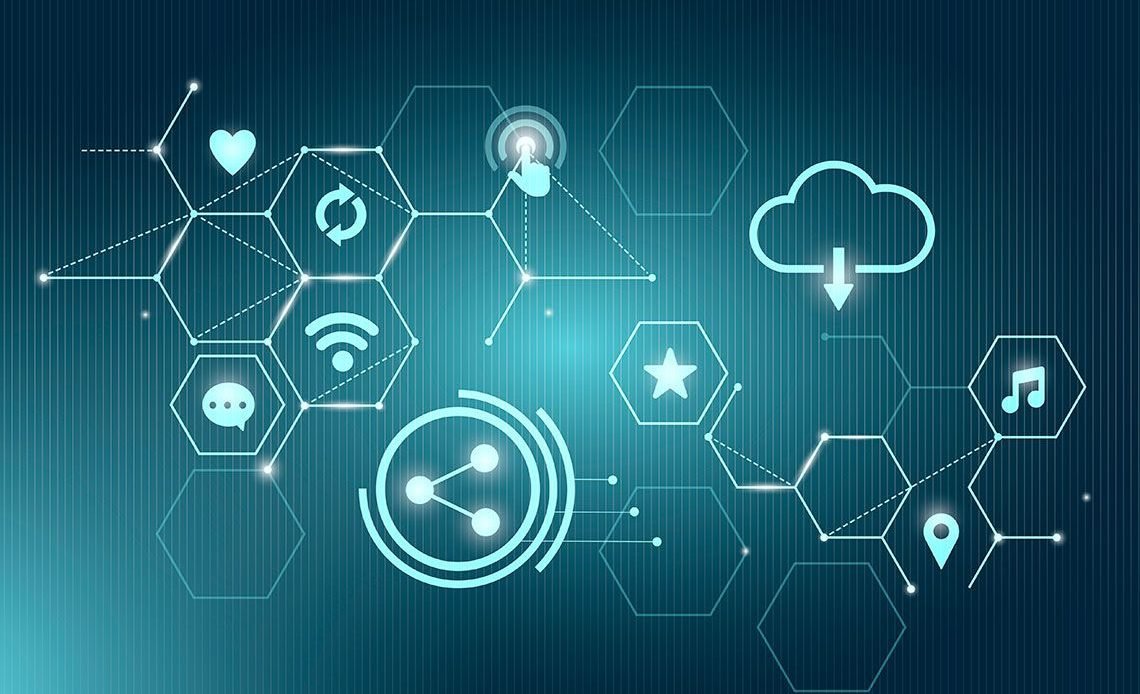
Internet security deals with all types of security aspects applied to network, transport and application layers of internet model, particularly privacy & message authentication. IPSec protocol can add authentication and confidentiality to IP Protocol, SSL or TLS can add authentication and confidentiality for TCP Protocol, PGP can add authentication and confidentiality for SMTP protocol.
Table of Contents
With the escalating popularity and usability of the Internet, it is only normal that issues like Internet security or Internet safety are being discussed. Many methods are used to protect the transfer of data, including encryption and from-the-ground-up engineering.
According to TheGuardian, there were an estimated 5.8 million incidents of cybercrime in 2015/2016 in the United Kingdom.
Why is Internet Security Important?

An internet user can be tricked or forced into downloading software that is of malicious intent onto a computer. Such software comes in many forms, such as viruses, Trojan horses, spyware, and worms.
Malicious Software
The web is full of malicious software which can only be stopped with internet security. Users are usually tricked or forced into downloading malicious software known as malware. Malware is any software used to disrupt computer operations, gather sensitive information, or gain access to private computer systems. Malware comes in many forms, such as viruses, Trojan horses, spyware, and worms.
Viruses are malicious computer programs, which are typically hidden within another seemingly harmless program, which produces copies of it and inserts them into other programs or files. Unlike viruses, Trojan horses or Trojans actually invite the user to download or install a program which contains malicious coding designed to steal sensitive information or disrupt operations. Much like viruses, computer worms maliciously replicate themselves but do so throughout a computer network, which could ruin business operations. Having strong internet security strategies and programs can help save you from hackers and malicious software.
Phishing
Phishing is the illegal attempt to acquire sensitive information such as usernames, passwords, and credit card details for malicious reasons, by pretending to be a trustworthy entity. A hacker will send randomized emails to individuals which appear to come from a reputable and recognizable business or person. The receiver will open the email, believing it to be a legitimate email, and click on a link or download a file, which will then be used to target the computer for malware or to trick the user into entering personal details. Knowing basic internet security principles can help one to better recognize these fake emails and protect themselves and their businesses from phishers.
Applications
Applications are common on our computers, smartphones, and tablets, but might not be up to par with internet security standards. Applications that require personal or sensitive information are likely to be the targets of attacks. Depending on the server strength and infrastructure of the application company, your information could be at risk. Always be cautious before providing the sensitive information to an application, because convenience is not worth the risk.
Some hackers will not harm your computer with a virus but will steal your data for their advantage. Hackers usually target government networks because it becomes easier for them to access people’s personal information, including social security numbers and fingerprints.
Internet Security: IP Security, SSL, TLS, PGP, Firewall
IP Security
It is a collection of protocols designed by the Internet Engineering Task Force (IETF) to provide security for a packet at the network level. It helps to create authenticated and confidential packets for the IP Layer.
SSL/TLS
Secure Socket Layer (SSL) is used to provide security and compression services for data generated from the application layer. It receives data from application layer protocol usually HTTP, the data received is then compressed, signed, encrypted and then passed to a reliable transport layer protocol like TCP.
PGP
Pretty Good Privacy (PGP) is one of the protocols that provide security at the application layer. It is designed for the creation of authenticated and confidential emails. Sending an email is a one-time activity.
Firewall
A Firewall is a device, usually a router or a computer, installed between the internal network of an organization and the rest of the Internet. It is used to control the access of the Internet. It is designed to forward some packets and filter others.
The app works really well as a browser and it has a version for Android as well.
Final words
How will you protect yourself from any form of phishing? The best way to do that is to install legitimate antivirus software that offers overall protection from threats.
Learn more about how to protect your privacy online by checking some of our other post in Privacy and Security Tools category.

